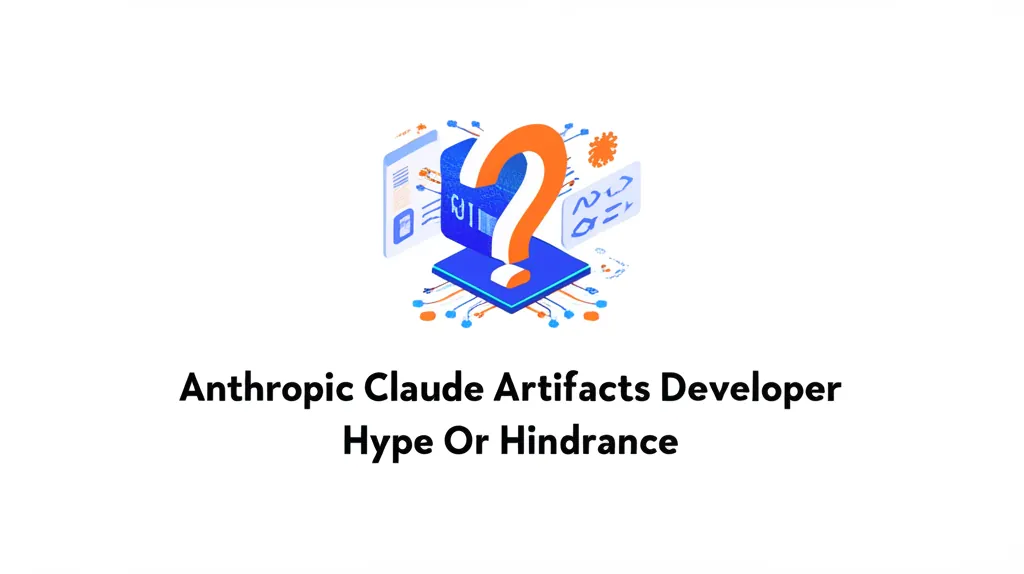Developer Offer
Try ImaginePro API with 50 Free Credits
Build and ship AI-powered visuals with Midjourney, Flux, and more — free credits refresh every month.
AI Productivity Wars ChatGPT Versus Microsofts Empire
The battle for dominance in productivity tools is no longer about spreadsheets and slide decks—it's about who can redefine work in the age of AI. OpenAI's ChatGPT Agents, now equipped with advanced features like autonomous workflow execution and multimodal reasoning, are challenging Microsoft's longstanding grip on Excel, PowerPoint, and the broader Office ecosystem. This clash isn't just about incremental improvements; it's a seismic shift toward an AI-driven future where traditional software may become relics.
OpenAI's Disruptive Force Speed Scale and Strategy
OpenAI's ChatGPT Agents are engineered to disrupt Microsoft's core revenue streams. By mid-2025, ChatGPT boasts 400 million weekly active users, including 175 million on mobile, with revenue projected to hit $11 billion by year-end—a staggering triple from 2024. Its Agent2Agent protocol and GPT-5's million-token context window enable tasks like autonomous data analysis, slide deck generation, and cross-platform collaboration, all without manual prompting. For instance, a user might say, “Plan a product launch,” and the AI would draft documents, assign tasks, and notify teams across tools like Slack and Outlook.
Microsoft's Copilot, integrated natively into Excel and PowerPoint, retains a critical edge in enterprise adoption. It offers 94% productivity improvement for Microsoft 365 tasks and saves 3 hours/week per user (as seen in Vodafone's deployment). Yet, Copilot's reliance on existing Microsoft licenses (e.g., $66–87/month per user) and its 300-user minimum for enterprise plans hint at scalability challenges for smaller businesses.
Head to Head Competitive Advantages
Cost: ChatGPT's $200/month Pro tier and government contracts (e.g., ChatGPT Gov) undercut Microsoft's pricing, making it attractive for budget-conscious enterprises and public institutions.
Adaptability: ChatGPT's GPT Store offers over 100,000 specialized models, enabling niche use cases—from legal document drafting to medical research—without requiring users to code. Microsoft's Agent Store has fewer pre-built agents (70+) and lacks the same flexibility.
Scalability: OpenAI's platform-agnostic APIs and connectors for Google Drive, Dropbox, and SharePoint allow seamless integration with non-Microsoft tools, appealing to hybrid-cloud environments. Microsoft's ecosystem, while robust, remains siloed.
The Financial Battleground Market Data and Trends
OpenAI's projected revenue jump to $11 billion contrasts sharply with Microsoft's Office revenue of $20.5 billion in 2023, but the trend lines are clear: AI-driven tools are growing faster. Meanwhile, investor sentiment signals skepticism about some incumbents' ability to keep pace with the rapid innovation.
Navigating the Risks and Challenges Ahead
- Regulatory Scrutiny: OpenAI's data ownership policies and past “hallucinations” (e.g., incorrect data generation) raise red flags for industries like healthcare or finance, where Microsoft's FedRAMP and HIPAA certifications offer safer bets.
- Microsoft's Counterattacks: Copilot's Agent2Agent protocol and planned security agents (launching April 2025) aim to replicate ChatGPT's autonomy while leveraging Microsoft's enterprise trust.
- Technical Limitations: ChatGPT's accuracy issues (e.g., 54.6% on coding tasks) and reliance on third-party integrations for Excel/PowerPoint may deter mission-critical adoption.
Identifying Key Investment Opportunities
- OpenAI's Ecosystem Partners: Companies like DeepSeek (open-source models) and Thinking Machines Lab (AI-driven enterprise tools) could thrive as hybrid solutions bridge OpenAI and legacy systems.
- Microsoft's Cloud Infrastructure: Azure remains the backbone for Copilot's AI workflows. Investors might see value in Azure's growth as enterprises double down on security and scalability.
- AI-Integration Startups: Firms offering seamless Excel/PowerPoint compatibility with ChatGPT (e.g., Delv.AI) could capture niches in the transition period.
Conclusion The Future of Productivity
The war for productivity supremacy is a race between legacy dominance and AI-native innovation. While Microsoft's ecosystem still holds sway in regulated sectors, OpenAI's velocity and scalability position it as the disruptor of choice for younger, agile enterprises. Investors should weigh the risks: bet on OpenAI's disruptive potential or Microsoft's entrenched reliability. The next three years will decide whether spreadsheets and slide decks evolve—or become artifacts in the AI age.
For now, the prudent move is to diversify: allocate to Microsoft for stability and OpenAI's partners for growth. The productivity tools of tomorrow won't just automate tasks—they'll rethink work itself.
Compare Plans & Pricing
Find the plan that matches your workload and unlock full access to ImaginePro.
| Plan | Price | Highlights |
|---|---|---|
| Standard | $8 / month |
|
| Premium | $20 / month |
|
Need custom terms? Talk to us to tailor credits, rate limits, or deployment options.
View All Pricing Details

